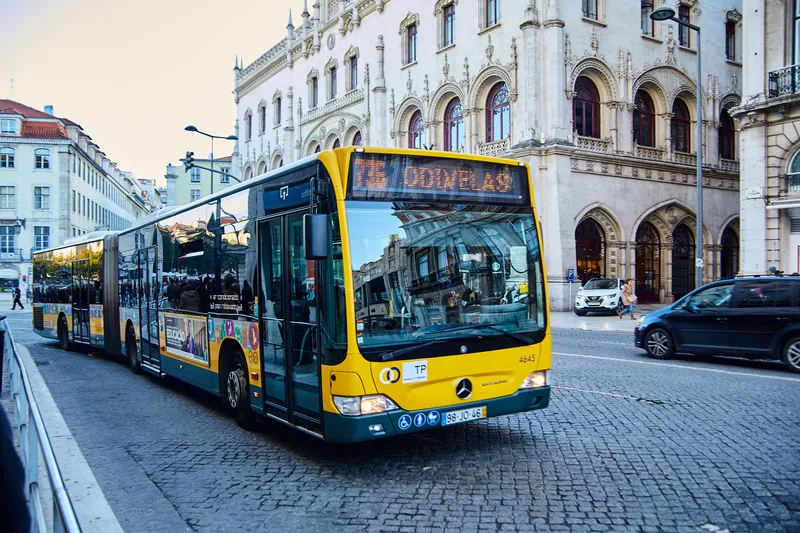
Stockholm’s public transport authority Storstockholms Lokaltrafik has awarded Keolis a four-year extension to operate and maintain the electric bus fleet in the Swedish capital.
The €500 million extension means that the contract - originally due to expire in August 2022 - will now run until August 2026.
It features the introduction of 15 new fully-electric buses to the city’s fleet of 335 to serve the centre of Stockholm and Lidingö island north-east of the city, home to 400,000 residents.
Keolis will also implement an IT system that will allow commuters to keep track of the position and arrival time of the next bus and to know the number of passengers on board.
The 361km network features 41 lines, 400 bus stations, three depots and carries 80 million passengers annually.
A new depot equipped with a charging system for the e-buses is due to be built and 1,400 Keolis staff will be dedicated to operating and maintaining the network.
The subsidiary Keolis Sverige has been operating in Sweden since 2003 and is the second-largest player in that country’s bus market.
The company has over 6,000 employees and operates around 1,800 fossil-free buses, covering 93 million km and carrying 240 million passengers every year.
“Thanks to our global experience in zero-emission bus operations elsewhere in Europe, Canada and the US, I have every confidence that we will successfully manage these sustainable contract transfers in close collaboration with the local authority,” said Bernard Tabary, chief executive international at Keolis Group.
Earlier this year, Keolis was awarded a 10-year contract to operate and maintain 47 buses, including 32 fully-electric vehicles in Denmark’s greater Copenhagen area, starting in June 2021.
Last year Keolis picked up wins in Norway and France.
In Norway, Keolis was awarded a contract to operate and maintain 140 fossil-free buses in the city of Bergen, of which about 100 are electric, starting at the end of this year.
In France, Keolis launched the 100% hydrogen Bus Rapid Transit (BRT) line in the southern city of Pau.
Keolis also runs the 100% electric BRT lines of Bayonne-Biarritz and Amiens, making Keolis France’s largest operator of electric networks.
In the US, Keolis operates e-buses in the North Carolina city of Greensboro, the South Carolina city of Foothill, and Reno in the state of Nevada.
In Canada, Keolis also operates electric school buses manufactured by the Lion Electric company based in the province of Quebec.










